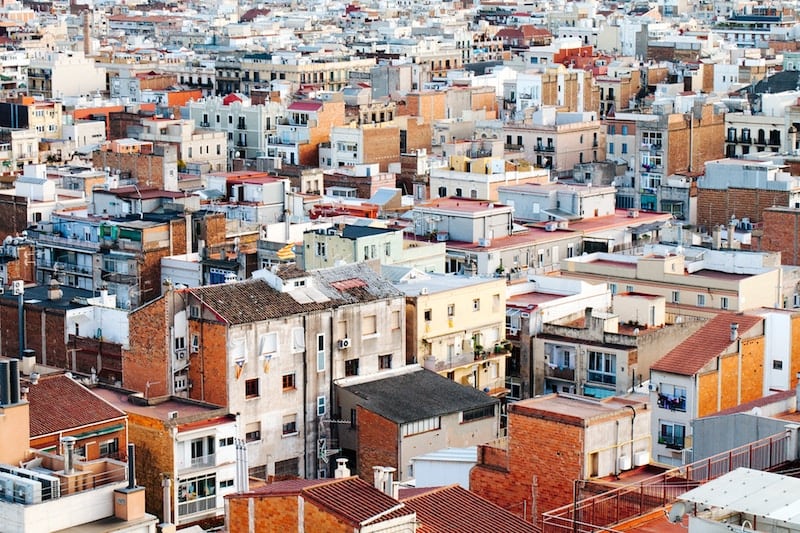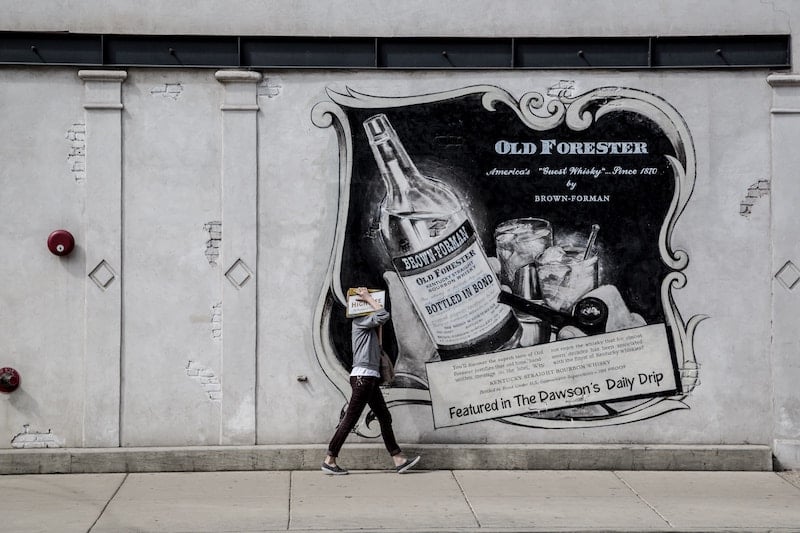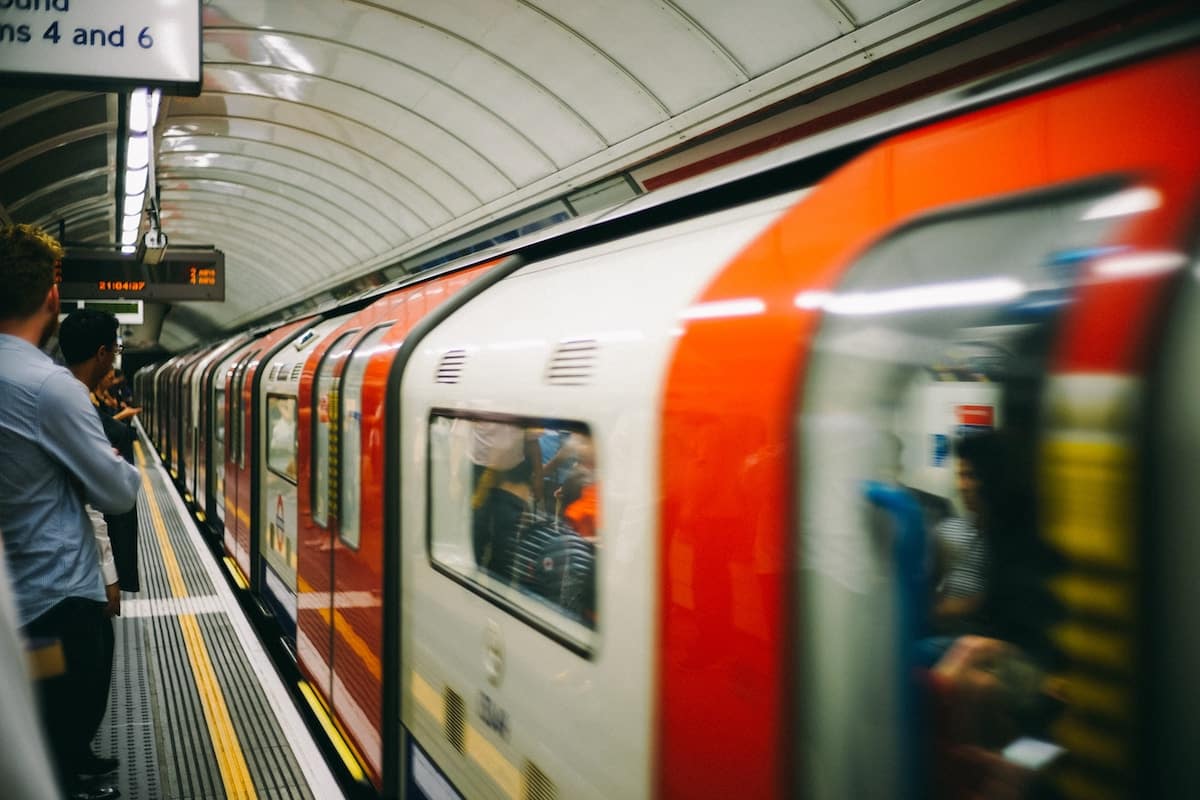Last Updated on February 25, 2024
Living in the city means having options. With a convenience store on nearly every block, you can pick where to get your toiletries and snacks. With so many restaurants in close proximity, you could hypothetically order pizza from a different establishment every night of the week and still have choices left over. Transportation is no different.
Urban dwellers can often get to work a variety of ways: train, bus or car. Some people in cities prefer to drive their cars everywhere, while others forgo having a car and rely on their metro transit pass.
Should you get a car or rely on public transportation? Here are five important areas to consider.
Convenience

First of all, you have to be realistic about how close you live to public transportation. If the nearest train is nine blocks away, you may not want to walk there during winter, simple as that. What sounds good in theory can quickly become a nuisance. Take stock of the bus stops and train stations near you—are they easily accessible?
On the flip side, cars are only convenient if you can park them nearby to where you live. Is there street parking near you? Can you park in a driveway or garage nearby? If you have to park your car far away from your apartment or condo anyway, you may be better off just using public transportation.
Overall Cost
Public transportation will save you money over having a car, especially when gas prices are high. The American Public Transportation Association crunched the numbers on the cost of commuting by public transportation versus driving a vehicle for a two-person household in 2015. The top five results were:
- New York: $1,323 saved monthly, $15,873 saved annually
- San Francisco: $1,190 saved monthly, $14,280 saved annually
- Boston: $1,167 saved monthly, $14,001 saved annually
- Philadelphia: $1,091 saved monthly, $13,095 saved annually
- Chicago: $1,075 saved monthly; $12,898 saved annually
In addition to buying or leasing a vehicle, drivers should expect to spend money on maintenance, gas and permit or private parking. Finding the best insurance for your vehicle is another expense to add, but online you can easily compare auto insurance companies. Maintenance costs alone range from $1,400 per 25,000 miles if the car is new-ish to $5,000 per 25,000 miles for an older model, according to Popular Mechanics. And don’t forget, city driving means potholes, sudden stops and lots of wear and tear. Owning a vehicle also means insuring it. While drivers can certainly compare auto insurance quotes to find an affordable rate, it will still cost something.
Health

It turns out that hopping in your car for a lengthy commute after a workday is not ideal for your health. One study from BMJ even found that, “compared with using private transportion, commuting by public or active transport modes was significantly and independently predictive of lower BMI for both men and women.” Even the short walk to and from public transportation can help you maintain a more active lifestyle!
On the flip side, if you do use public transportation, you’ll want to prioritize avoiding germs. Steering clear of sick passengers, washing your hands as soon as possible after riding a bus or train and carrying a small bottle of hand sanitizer can help here.
Safety
Public transportation and driving present their own unique safety risks. In terms of crashes, automobiles have fatality rates 60 times higher than bus passengers and 30 times higher than urban rail passengers.
But driving also puts you at the mercy of the society-at-large less than public transportation does. For example, as the Los Angeles Times reports, earlier this year a group of up to 60 minors robbed Bay Area Rapid Transit train passengers “in about 30 seconds.” Although public transportation makes it easier to read, listen to music or relax during a ride, passengers should stay extra vigilant and look for signs of trouble since they’re not fully alone.
Eco-Friendliness

Transportation as a whole makes up 29 percent of U.S. greenhouse gas emissions, and 57 percent of that figure comes from cars, SUVs and pickup trucks. Using public transportation is a great way for city dwellers to reduce their carbon footprint.
Should you get a car or rely on public transportation? It’s up to you, but make sure you consider these areas carefully before you choose! Cars tend to cost more and require more upkeep, but often offer superior convenience. However, for the slight extra effort, traveling by public transportation is often greener, less accident-prone and healthier.

